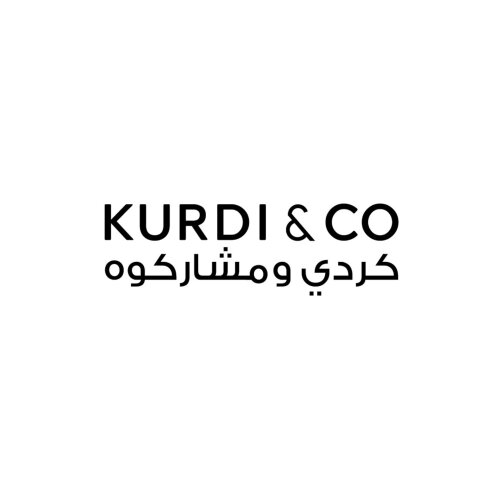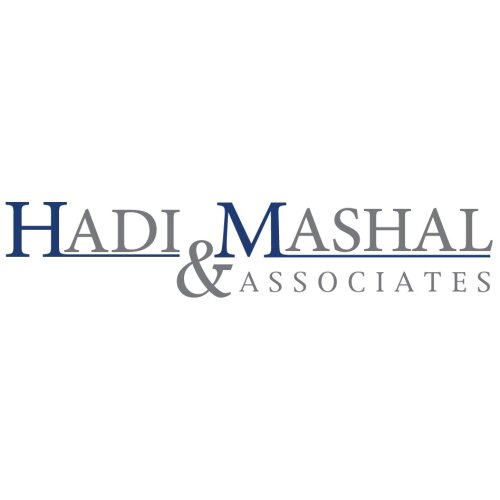Best Banking & Finance Lawyers in Palestine
Share your needs with us, get contacted by law firms.
Free. Takes 2 min.
Or refine your search by selecting a city:
List of the best lawyers in Palestine
About Banking & Finance Law in Palestine
Banking and finance law in Palestine is a developing field that plays a critical role in the country's economic growth and stability. The legal framework here governs the operations of financial institutions, the issuance and management of financial instruments, and the regulation of monetary transactions. Key institutions in this sector include the Palestine Monetary Authority (PMA), which serves a role similar to that of central banks in other nations. With increasing global integration, Palestinian banking and finance law continues to evolve to meet international standards and best practices.
Why You May Need a Lawyer
Engaging with the banking and financial sectors often involves complex transactions and compliance with detailed regulations. Common situations where legal assistance may be required include:
- Disputes over loan agreements or financial contracts.
- Understanding regulatory requirements for financial transactions.
- Establishing or dissolving financial institutions or services.
- Resolving issues related to investments, insurance, or securities.
- Addressing consumer protection violations or fraud.
- Negotiating and drafting complex financial documents.
Local Laws Overview
The legal framework for banking and finance in Palestine primarily includes the following:
- Banking Law: This governs the functioning of banks, including licensing requirements and operational standards.
- Consumer Protection Law: Designed to protect consumers from unfair treatment by financial service providers.
- Investment Promotion Law: Promotes foreign and domestic investment in the financial sector.
- Anti-Money Laundering Law: Sets out procedures to prevent, detect, and penalize money laundering activities.
- Companies Law: Governs the establishment and management of corporations, including financial institutions.
Frequently Asked Questions
What is the role of the Palestine Monetary Authority?
The PMA serves as the central monetary institution in Palestine, overseeing banking operations, enforcing monetary policy, and ensuring financial stability.
Can foreign banks operate in Palestine?
Yes, foreign banks can operate in Palestine but must comply with local laws and obtain necessary licenses from the PMA.
How do I file a complaint against a bank?
Complaints can be filed with the customer service department of the respective bank or with the Palestine Monetary Authority for further resolution.
Are electronic transactions legally recognized in Palestine?
Yes, electronic transactions are legally recognized, and various laws regulate their use to ensure security and consumer protection.
What are the penalties for non-compliance with banking regulations?
Penalties for non-compliance can include fines, sanctions, or revocation of a financial institution's license, depending on the violation's severity.
Is Islamic banking available in Palestine?
Yes, Islamic banking services are available, regulated under the same framework but adhering to Sharia compliance principles.
What measures are in place to combat money laundering?
The Anti-Money Laundering Law outlines extensive measures for prevention, monitoring, and penalization of money laundering activities in Palestine.
Do I need a lawyer to draft a financial contract?
While not mandatory, it is highly advisable to engage a lawyer to draft or review financial contracts to ensure compliance and protect your interests.
How are investment disputes resolved in Palestine?
Investment disputes can be resolved through negotiation, arbitration, or litigation, depending on the agreement between the parties involved.
What is the process for establishing a bank in Palestine?
Establishing a bank requires compliance with the Banking Law, including obtaining a license from the PMA and meeting capital and operational requirements.
Additional Resources
For further assistance, consider consulting the following resources:
- Palestine Monetary Authority (PMA): The regulatory body for financial institutions and transactions.
- Ministry of National Economy: Provides guidelines and support for economic initiatives.
- Palestinian Consumer Protection Association: Offers guidance and support regarding consumer rights in financial matters.
- Local Chambers of Commerce: Provide networking opportunities and information on the financial sector.
Next Steps
If you require legal assistance in banking and finance, consider the following steps:
- Identify your specific legal needs related to banking and finance.
- Research and contact experienced legal professionals specializing in banking and finance law.
- Prepare any relevant documents or information that may be necessary for consultations.
- Arrange a consultation to discuss your situation and explore potential solutions.
Taking these steps can help ensure that you receive effective legal guidance suited to your financial dealings in Palestine.
Lawzana helps you find the best lawyers and law firms in Palestine through a curated and pre-screened list of qualified legal professionals. Our platform offers rankings and detailed profiles of attorneys and law firms, allowing you to compare based on practice areas, including Banking & Finance, experience, and client feedback.
Each profile includes a description of the firm's areas of practice, client reviews, team members and partners, year of establishment, spoken languages, office locations, contact information, social media presence, and any published articles or resources. Most firms on our platform speak English and are experienced in both local and international legal matters.
Get a quote from top-rated law firms in Palestine — quickly, securely, and without unnecessary hassle.
Disclaimer:
The information provided on this page is for general informational purposes only and does not constitute legal advice. While we strive to ensure the accuracy and relevance of the content, legal information may change over time, and interpretations of the law can vary. You should always consult with a qualified legal professional for advice specific to your situation.
We disclaim all liability for actions taken or not taken based on the content of this page. If you believe any information is incorrect or outdated, please contact us, and we will review and update it where appropriate.
Browse banking & finance law firms by service in Palestine
Palestine Attorneys in related practice areas.
Browse banking & finance law firms by city in Palestine
Refine your search by selecting a city.












